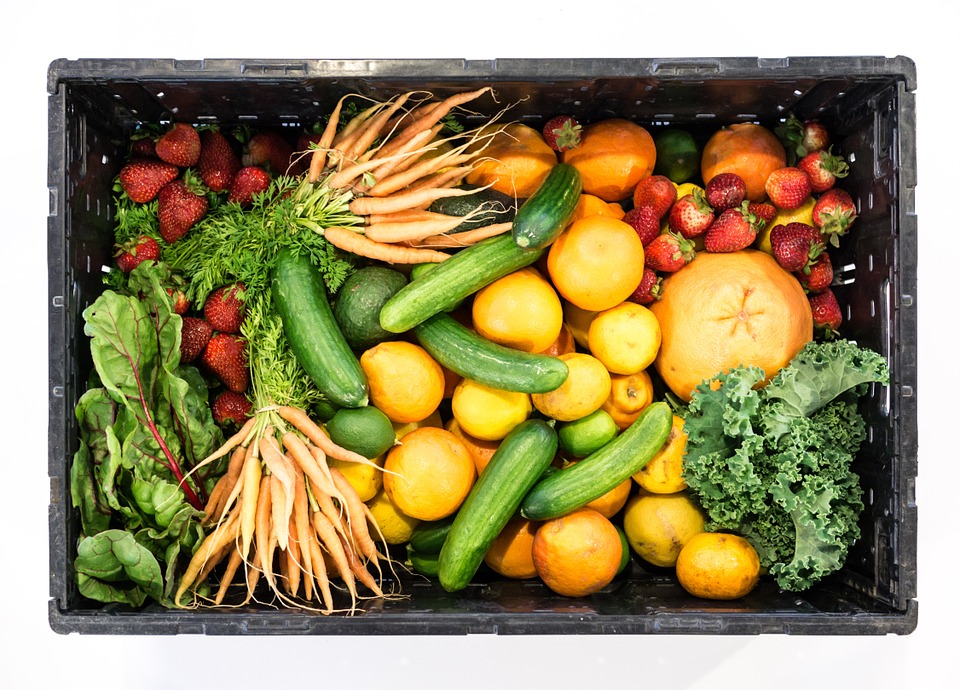By Kat Brown, Recent Arizona State University Nutrition Student
Did you ever think about making your own vitamins at home? It is easier than you think. Making your own JELL-O vitamins allows you to choose your own flavors and choose your vitamins. Here is how you make them:
- 1 three ounce packet flavored gelatin
- 4 one ounce packets unflavored gelatine
- 4 cups boiling water
- 2 tablespoons each: Potassium, Vit C, and B12 powder
Mix all gelatin and vitamins into boiling water until completely dissolved and refrigerate for one hour. Makes 16 two-ounce servings.

Why should you make these?
Vitamin or mineral supplements may be necessary when your daily diet doesn’t provide all the essential nutrients your body needs. Supplementation may be recommended if you are on a restrictive diet, pregnant, or have other specific health needs. These can also be perfect for that picky eater or kids! Hiding vitamins in fun foods is a great way to sneak important nutrients into your child’s diet. You can pick any vitamins in a powder or liquid form and you can also choose any flavor of gelatin you prefer. Here is some information on the vitamins I chose for this recipe.
Vitamin C
Vitamin C is an essential nutrient since your body cannot make it. This means you have to get vitamin C in your diet either through foods or supplements. The RDA for vitamin C is 75mg for women and 90mg for men. Foods high in vitamin C include:
- Sweet red peppers 283 mg/cup
- Papaya 188 mg each
- Strawberries 98 mg/cup
- Grapefruit 72 mg/cup
What to look for
Vitamin C is often referred to as ascorbic acid. The oxidized form DHA, dehydroascorbic acid, can also be used in supplements and for the most part, is the same as ascorbic acid. However, DHA will not be absorbed if there is a lot of glucose in the blood since it competes with the same receptor. The UL or upper limit for vitamin C is 2,000mg so you may need to be careful when mega-dosing.
Vitamin B12
B12 is part of the B complex of vitamins and is mainly found in animal products such as dairy and meat. The family of B vitamins helps your body produce energy and maintain your metabolism. B vitamins are crucial in fighting off infections and can even help boost your memory! B12 is specifically required for brain, nerve, and blood cell development and function.
B complex
B vitamins are often sold as a B complex vitamin that contains vitamins B1, B2, B3, B5, B6, B7, B12, and folic acid. The RDA for vitamin B12 is 2.4ug per day. For individuals who do not consume a lot of animal products, a supplement form of B12 may be necessary.
Potassium
This mineral aids in muscle contraction and is an important mineral in regulating fluids and blood pressure. The Recommended Dietary Allowance (RDA) for potassium is 4,700 mg/day. On average American’s only consume half of the recommended amount of potassium. Here are some foods that provide a lot of potassium:
- Kale 342 mg/cup
- Bananas 422 mg
- Tomato juice 417 mg
- Broccoli 457 mg/cup
Why potassium?
A healthy diabetic diet is often high in potassium. Potassium can be found in a wide variety of foods including vegetables, fruits, dairy, meat, and nuts. Often time when people think of potassium they immediately think of bananas but as you can see broccoli has just as much potassium as a banana.
Vitamins and minerals are necessary for our bodies to function normally and be healthy. For more blogs on keeping your body supplied with the right nutrients, visit Fill Your Plate!

